Algerian media said that the capital of Vietnam will become the focus of global diplomacy when it hosts the signing ceremony of the United Nations Convention on Cybercrime, also known as the “Hanoi Convention”, on October 25-26.
This is the first global legal document on cybersecurity, bringing together nearly 100 countries towards a common goal: enhancing cooperation and building a safe, humane digital space that respects national sovereignty .
On October 19, the Cresus daily newspaper published an article titled "From Hanoi to Algeria: When diplomacy protects cyberspace," stating that Algeria and Vietnam are two countries with outstanding contributions to the process of drafting the Convention.
Since the start of negotiations in 2022, both sides have consistently defended key UN principles such as respect for sovereignty, adherence to international law and ensuring balanced cooperation between states. These principles are now fully reflected in the final document, helping to prevent the abuse of cybersecurity to interfere in the internal affairs of countries.
Algeria considers cybersecurity as a pillar of national digital sovereignty and has actively participated in many technical aspects of the Convention such as the protection of critical infrastructure and the enhancement of international judicial cooperation. This contribution demonstrates Algeria’s commitment to being a responsible partner in cyber governance in Africa.
For Vietnam - the host country of this historic event, hosting the Signing Ceremony is not only a diplomatic success but also a recognition of Vietnam's increasingly high position in the multilateral international arena, especially in the fields of digital security and global technical cooperation.
Adopted by consensus by the United Nations General Assembly on 24 December 2024, the Hanoi Convention is the first multilateral treaty on cybercrime in more than 20 years since the Palermo Convention on Transnational Crime.
The document, consisting of nine chapters and 71 articles, lays a global legal foundation to criminalize cyberattacks, electronic fraud, the spread of malware and online child exploitation, and establishes extradition mechanisms, data sharing and judicial assistance between countries.
According to cybersecurity firm Check Point and digital technology policy and internet governance analysis firm Digital Watch Observatory, in the first quarter of 2025 alone, organizations around the world suffered an average of 1,925 cyber attacks per week, an increase of 126% over the same period last year.
In Africa, the Interpol 2025 report says that cybercrime accounts for up to 30% of all reported criminal cases in some regions. In response, many countries, including Algeria, are accelerating the development of legal and technical capacity to protect agencies, businesses and citizens.
Cresus newspaper emphasized that the Hanoi Convention is not only a legal instrument but also represents a humanistic vision of the digital future, placing human rights and privacy at the center.
According to Ms. Ghada Waly, Executive Director of the United Nations Office on Drugs and Crime (UNODC), this is a “historic milestone that paves the way for unprecedented global cooperation.”
The Cresus daily newspaper said that choosing Hanoi as the place for signing also has a deep symbolic meaning: Vietnam is seen as a new center of international dialogue, where countries build digital trust together. This is not only a diplomatic event but also a global call for cooperation, because in the fight against cybercrime, no country can act alone.
From Hanoi, a common message was sent: Cyberspace must be a space of trust and common development. Algeria and Vietnam, through this event, demonstrate the spirit of solidarity and commitment to building a safe, cooperative and mutually developing digital world./.
(VNA/Vietnam+)
Source: https://www.vietnamplus.vn/dau-moc-lich-su-khang-dinh-vai-tro-cua-viet-nam-trong-an-ninh-mang-toan-cau-post1071457.vnp





![[Photo] Urgently help people soon have a place to live and stabilize their lives](/_next/image?url=https%3A%2F%2Fvphoto.vietnam.vn%2Fthumb%2F1200x675%2Fvietnam%2Fresource%2FIMAGE%2F2025%2F12%2F09%2F1765248230297_c-jpg.webp&w=3840&q=75)


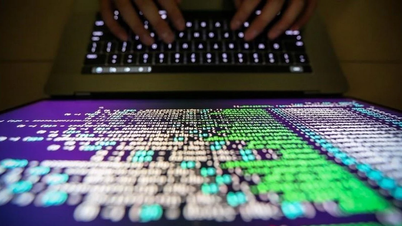
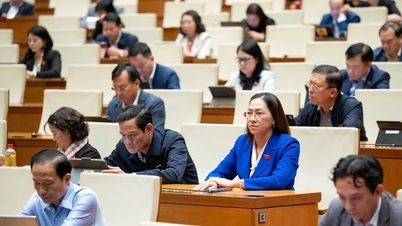



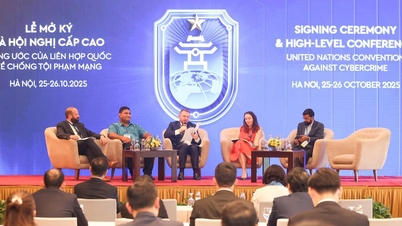
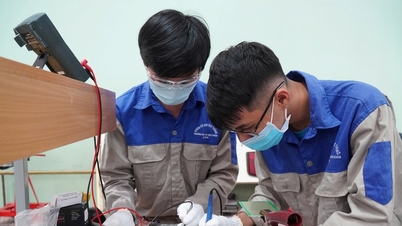



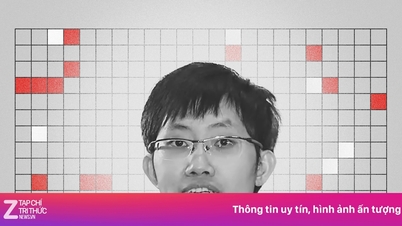




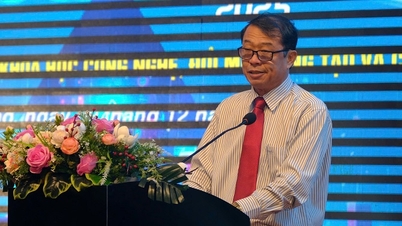


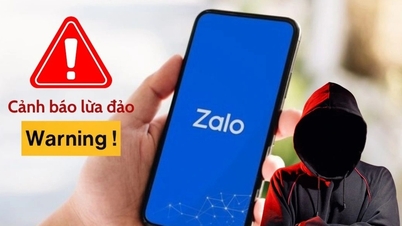







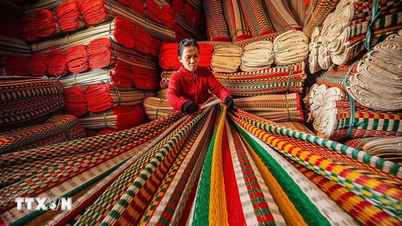
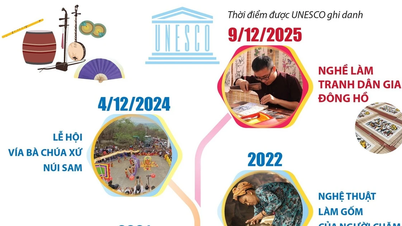
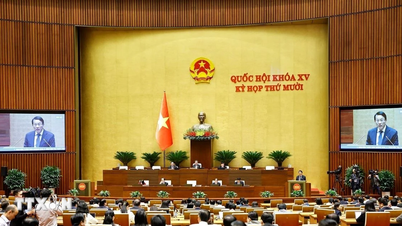


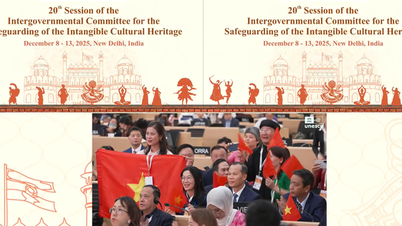

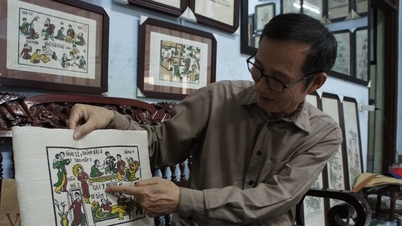

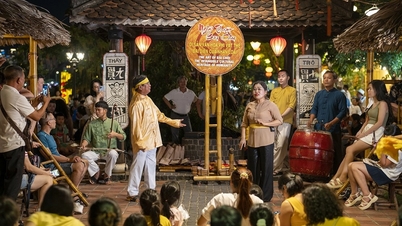

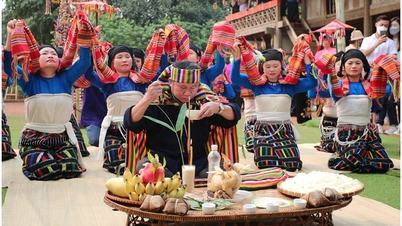









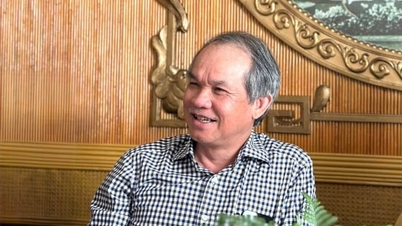



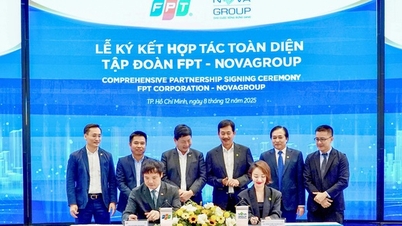

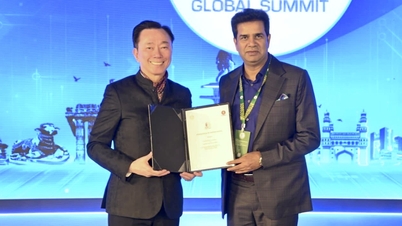



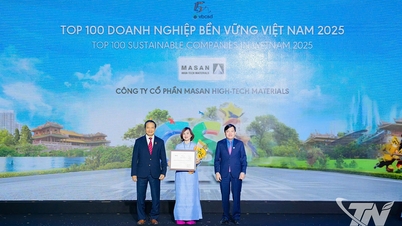








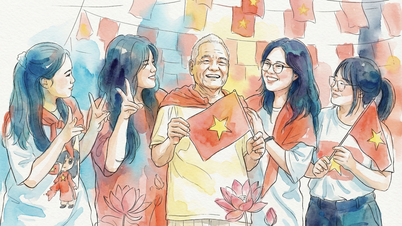


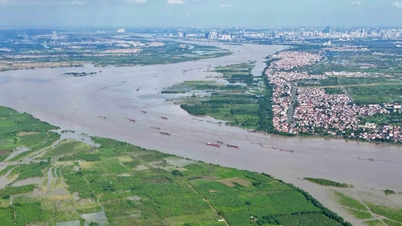

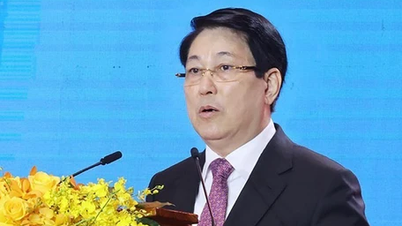
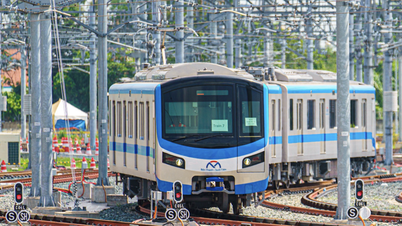

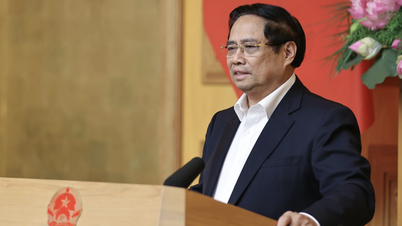

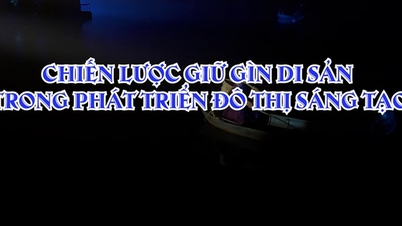


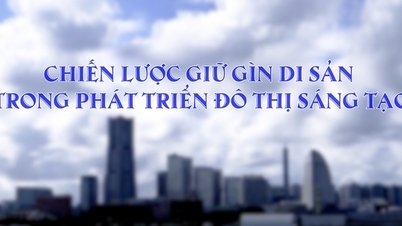
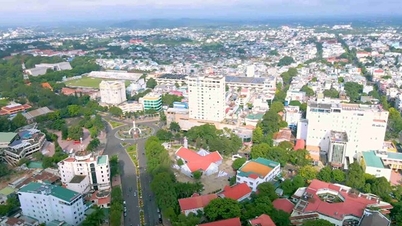
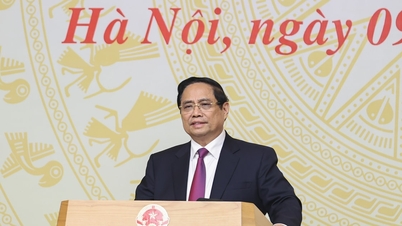



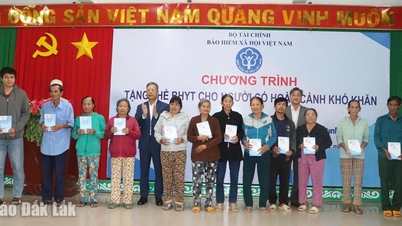












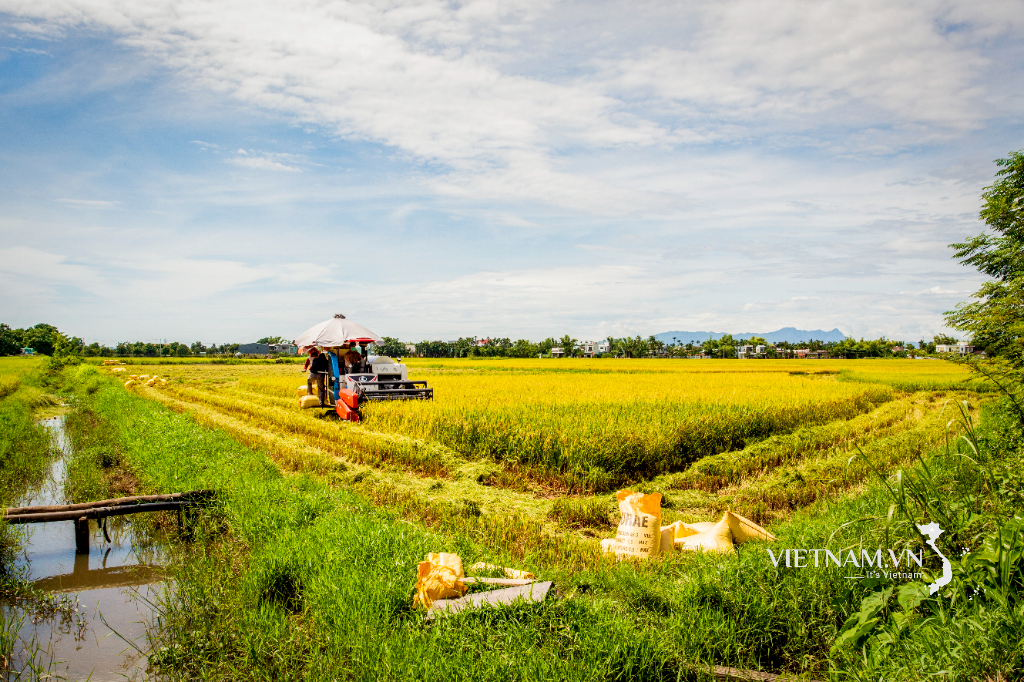
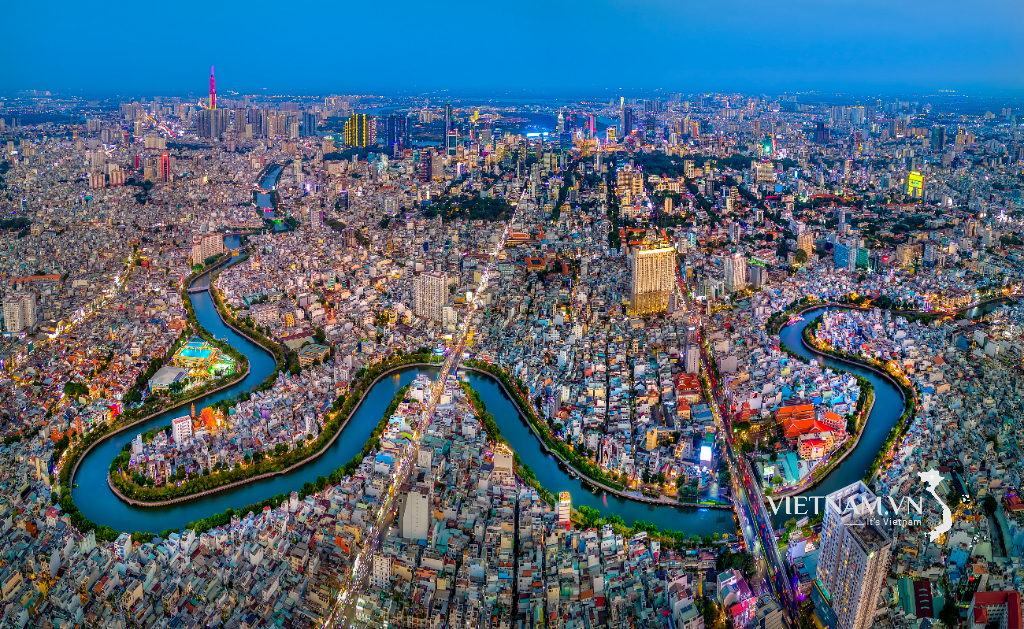

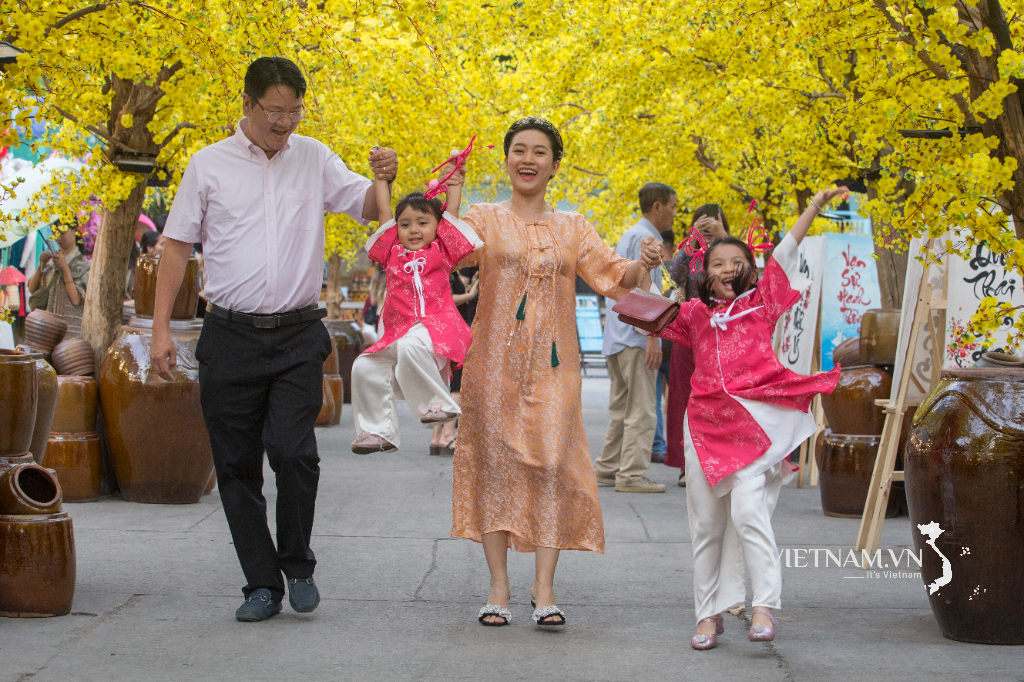




Comment (0)